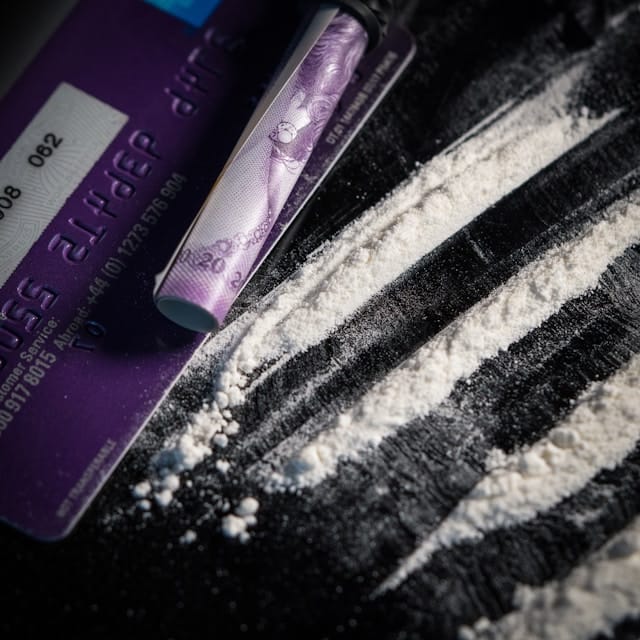22-year-old protester acquitted of grave drug charges after claims of planted evidence.
A Georgian court has cleared 22-year-old protester Tevdore (Tedo) Abramovi of severe drug charges, in a dramatic ruling that has shaken both activists and officials. His acquittal, announced by Tbilisi City Court Judge Tamar Mchedlishvili on 15 August, marks the second not-guilty verdict linked to Georgia’s wave of pro-European Union protests since last November.
Abramovi faced a potential sentence of between eight and twenty years, or even life imprisonment, under Article 260 of the Criminal Code. Police claimed he had been caught with 4.4 grams of MDMA. But from the moment of his arrest on 7 December 2024, Abramovi insisted he had been framed because of his activism.
The trial gripped public attention because of disturbing details about how evidence was handled. Defence lawyers argued that no impartial witness or video recording was present during the search, leaving serious gaps in accountability. Prosecutors initially said Abramovi’s resistance prevented filming, but a police witness later admitted that the recording device had simply run out of memory.
Embed from Getty ImagesBiological traces were reportedly found on the packaging, but the defence countered that Abramovi’s saliva had been forcibly taken after his detention. Lawyers further emphasised that no drugs were detected in his system, while prosecutors blocked independent tests that could have supported this claim.
The young activist, who had returned to Georgia from abroad to care for his grandmother, was arrested en route to a pro-EU rally. His legal team accused police of deliberately hiding material showing his intended destination. Abramovi himself spoke of inhuman treatment following his detention.
As the verdict was read, he walked free to the sound of cheers from family members and supporters. The day before, in his final statement, Abramovi warned: “To be punished in the country my parents taught me to love as a child, and to be punished for loving that country, is simply a shame. I believe I will be proven innocent.”
His acquittal follows that of Giorgi Akhobadze, a doctor and activist, who was cleared of drug charges on 6 August. That ruling was the first major crack in a series of prosecutions critics say are politically motivated. In both cases, judges highlighted the absence of essential safeguards such as video evidence.
Prime Minister Irakli Kobakhidze responded to Akhobadze’s release by insisting Georgia’s courts applied “high legal standards,” stressing that judges had no choice when “100% evidence” was lacking. Yet critics argue that the pattern of prosecutions—targeting protesters, journalists, and opposition members—reveals a broader campaign of suppression.
Since November 2024, dozens of demonstrators have faced harsh penalties. Twelve people have already been sentenced to prison terms on drug-related charges. Seven more remain incarcerated after being convicted in connection with protests against the foreign agents law. Meanwhile, eight opposition politicians were jailed for several months for defying a parliamentary commission.
According to Politpatimrebi.ge, a civic platform monitoring political prisoners, more than 60 individuals have been jailed in 2024–2025 alone over politically linked cases. Despite mounting evidence of abuse and mishandled searches, no police officers have been held responsible.
Abramovi’s acquittal is a rare victory for protesters who say they are being silenced under the guise of criminal charges. For now, the ruling brings relief to one young man—but dozens of others remain behind bars, awaiting verdicts that could define the country’s democratic future.
